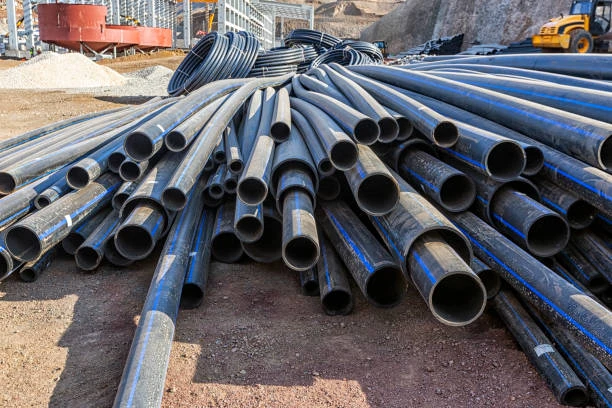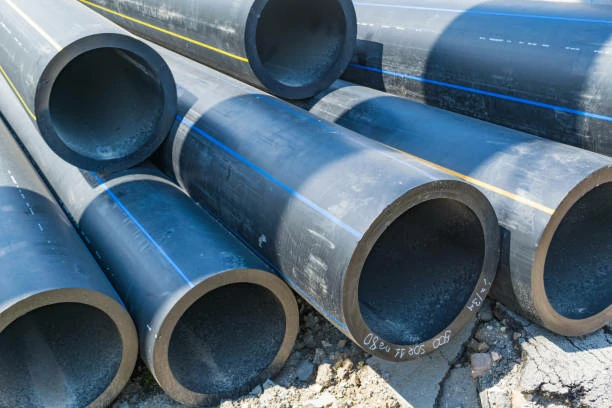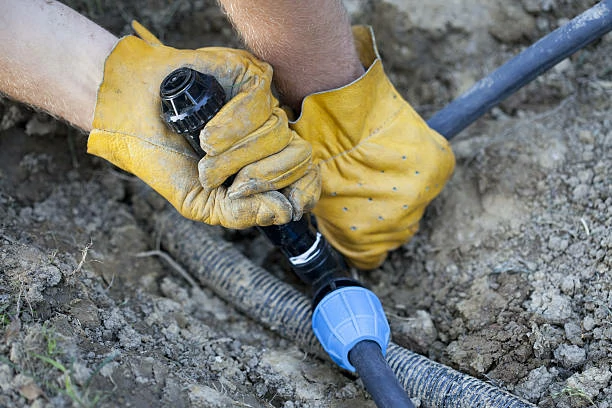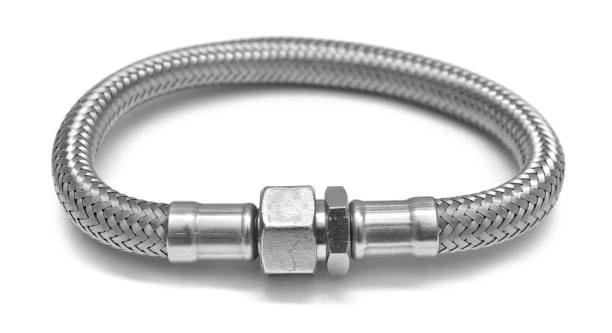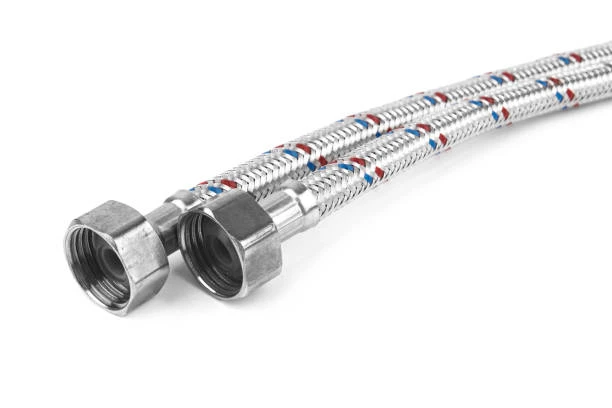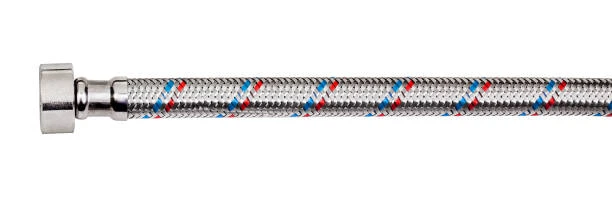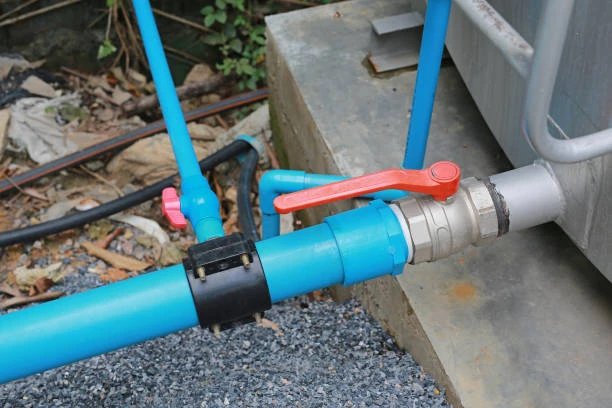
Introduction
In modern plumbing and fluid management systems, selecting the right valve is just as important as choosing the right pipe material. Among the various options available today, the PVC water valve stands out as one of the most versatile, cost-effective, and reliable solutions for controlling water flow. From household plumbing and garden irrigation to industrial facilities and agricultural operations, PVC valves are widely adopted due to their durability, lightweight design, resistance to corrosion, and ease of installation.
This article explores in detail what a PVC water valve is, its key characteristics, common applications, buying considerations, and installation tips. In addition, it provides a comparison with valves made from other materials, allowing homeowners, contractors, and industrial users to make informed decisions when selecting a valve for their systems.
Frequently Asked Questions about PVC Water Valves
1. What is a PVC water valve?
A PVC water valve is a device made from polyvinyl chloride that regulates or controls the flow of water in a piping system. It is commonly used in domestic, garden, and industrial settings due to its durability and resistance to corrosion.
2. Are PVC water valves suitable for drinking water systems?
Yes. Many PVC valves are manufactured to meet safety standards for potable water, provided they have the proper certification. Always verify that the valve is labeled as food-grade or safe for drinking water before installation.
3. Can PVC valves withstand high pressure?
Most PVC water valves are designed for low to medium pressure systems. While they perform well in residential and irrigation systems, heavy industrial or high-pressure steam applications usually require metal valves such as brass, bronze, or stainless steel.
4. How long does a PVC water valve last?
When used in appropriate applications and maintained correctly, PVC valves can last 10 to 20 years or even longer. Their longevity depends on factors such as exposure to UV light, chemical compatibility, water temperature, and system pressure.
5. Are PVC water valves easy to install and maintain?
Yes. PVC valves are lightweight, easy to handle, and can be installed using solvent cement or threaded connections. Maintenance is minimal, as PVC does not rust or corrode.
Definition and Key Characteristics
A PVC water valve is a mechanical device made from polyvinyl chloride designed to start, stop, or regulate the flow of water. Unlike traditional metal valves, PVC valves are lightweight and resistant to chemical and environmental corrosion.
Key characteristics include:
- Corrosion resistance: PVC does not rust or oxidize, making it suitable for outdoor and wet environments.
- Lightweight construction: Easier to transport and install compared to heavy metal valves.
- Cost-effectiveness: PVC valves are usually more affordable than metal alternatives.
- Variety of designs: Available as ball valves, gate valves, butterfly valves, and check valves, each serving a different purpose.
- Durability: With proper handling, PVC valves provide years of reliable service in low- to medium-pressure systems.
- Non-toxic and safe: Food-grade PVC valves can be safely used for potable water systems.
- Temperature range: Ideal for cold and moderate water temperatures, though not suitable for very high-temperature applications.
Common Uses and Application Fields
PVC water valves are highly versatile and find application in numerous environments:
- Residential plumbing: Used in household water supply lines, bathroom installations, and kitchen systems where corrosion resistance is essential.
- Garden irrigation: Popular in drip irrigation, sprinkler systems, and rainwater harvesting setups due to their ease of use and resistance to soil moisture.
- Aquatic systems: Widely used in aquariums, fish farms, and swimming pools to control water circulation.
- Agriculture: Essential for distributing water in large-scale irrigation networks and greenhouse systems.
- Industry: Applied in chemical processing, wastewater treatment plants, and cooling systems where PVC’s chemical resistance is advantageous.
- Construction projects: Temporary and permanent water supply systems often rely on PVC valves for their practicality and affordability.
These applications highlight the adaptability of PVC water valves across sectors that require both efficiency and cost control.
Buying Guide for PVC Water Valves
Choosing the right PVC water valve involves considering several important factors:
- Material Quality
Look for valves made from high-grade PVC (such as Schedule 40 or Schedule 80) depending on the required strength and pressure rating. - Type of Valve
- Ball valves: Provide quick shut-off with minimal leakage.
- Gate valves: Suitable for systems where infrequent operation is expected.
- Butterfly valves: Good for regulating flow in larger systems.
- Check valves: Prevent backflow and protect pumps or equipment.
- Certifications
Ensure that the valve complies with recognized standards such as NSF, ANSI, or ISO, especially if it will be used for drinking water. - Color and Identification
Many PVC valves come in white, gray, or blue. Colors may indicate specific pressure ratings or intended applications, so always check manufacturer guidelines. - Size Compatibility
Confirm that the valve matches the diameter of the piping system to avoid leaks or performance issues. - Operating Method
Manual handles are suitable for small systems, while larger networks may benefit from automated or actuator-controlled valves.
By taking these aspects into account, users can select a valve that matches their technical and practical needs.
Installation Tips and Best Practices
Proper installation is essential for ensuring the performance and longevity of a PVC water valve. Consider the following practices:
- Clean the pipe and valve surfaces before joining to ensure a proper seal.
- Use the correct type of solvent cement or Teflon tape for threaded connections.
- Avoid overtightening, which may crack the PVC material.
- Position the valve so that the handle is easily accessible for future operation.
- Allow adequate curing time for solvent-welded joints before testing the system.
- Protect outdoor valves from direct sunlight by installing them under shade or using UV-resistant coatings.
- Perform pressure testing after installation to confirm that there are no leaks.
These measures prevent premature failure and ensure smooth operation in the long term.
Comparison of PVC Water Valves with Other Materials
| Feature | PVC Water Valve | Brass Water Valve | Stainless Steel Valve | Cast Iron Valve |
|---|---|---|---|---|
| Weight | Very light | Medium | Heavy | Very heavy |
| Corrosion Resistance | Excellent | Good but may tarnish | Excellent | Moderate, prone to rust |
| Cost | Low | Moderate | High | Moderate |
| Pressure Tolerance | Low to medium | Medium to high | High | High |
| Temperature Resistance | Low to moderate | High | Very high | High |
| Ease of Installation | Very easy | Easy | More difficult | Requires equipment |
| Lifespan | 10–20 years (proper use) | 15–25 years | 25+ years | 25+ years |
| Typical Applications | Home, garden, irrigation | Plumbing, heating | Industry, chemicals | Municipal systems |
This table shows that while PVC water valves may not be suitable for very high-pressure or high-temperature applications, they remain the most practical choice for residential, garden, and light industrial use due to their cost, weight, and ease of handling.
Conclusion
PVC water valves represent a practical and efficient solution for modern water management. Their resistance to corrosion, low cost, and ease of installation make them indispensable in homes, gardens, and many industrial systems. Whether used in a household water line, a large irrigation network, or a chemical processing facility, these valves deliver reliability and adaptability when applied in the correct conditions.
When selecting a PVC water valve, users should carefully evaluate material quality, type of valve, certifications, and compatibility with their system. Equally important is proper installation and protection against environmental factors, which ensures long service life.
In summary, the PVC water valve is not only a cost-effective alternative to metal valves but also a key component in building sustainable and efficient water systems for the future.
IFNS’s international standards
IFNS products comply with a wide range of international standards, including ASTM 2846, DIN 8079/8080, ASTM F441/F441M SCH80, GB/T 18993 series, AS/NZS 1477, CSA B137.6, NSF/ANSI 14, and TIS 17-2532/1131-2535. These certifications ensure that our pipes and fittings meet global quality, safety, and performance requirements.
Connect
IFNS, a Chinese manufacturer with 30 years of experience, specializes in high-quality plastic pipes, fittings, and valves. Interested in IFNS’s copper fittings, copper valves, plastic pipes, or fittings? Contact us today. IFNS offers a wide range of standard pipes tailored to your needs. Explore our affordable, cost-effective valve and piping system products.
We respond to emails or faxes within 24 hours. For immediate assistance, call us anytime with questions about our products.


